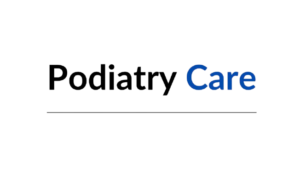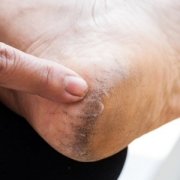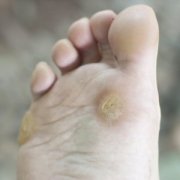Cracked Heels
DEHYDRATION and FEET
 Most of us don’t consider the implications of not drinking enough water and especially the correlation between dry skin and feet.
Most of us don’t consider the implications of not drinking enough water and especially the correlation between dry skin and feet.
Let’s consider that water plays a large and important part in the consistent workings of the body as a whole and how little our consideration is given to consuming water and the impact it can have on the feet. It lubricates the joints and delivers electrolytes to the muscles and in the case of dehydration, can produce cramp, fatigue, coldness, brittle toenails and risk of infection.
I see many cases of various skin conditions of the feet, athletes foot, one of the common ones, however, although this patient may be suffering from a fungal infection he or she may also be suffering from mild dehydration.
Dehydration can make your toenails brittle and and cause your skin to dry out. Although it may be more of an inconvenience rather than a medical emergency, if left alone untreated the skin may develop into small cracks which ultimately could become infected. This is especially dangerous for patients with diabetes or circulation problems.
Whilst there are other reasons for dry skin, your consumption of water is always worth considering because of the potential negative effects on your feet and general overall health.
A good quality foot cream is always worth investing in and there are many specialised ones on the market, ranging for cream for general maintenance to cream for cracked heels, tired feet and athletes foot. Please feel free to telephone me for advice if required.
I provide a mobile service covering Halesowen, Stourbridge, Dudley and Wolverhampton. Should you live outside of these areas feel free to call me. I will do my utmost to accommodate you.



 Help in Halesowen and Stourbridge with Pain in the Ball of the Feet
Help in Halesowen and Stourbridge with Pain in the Ball of the Feet